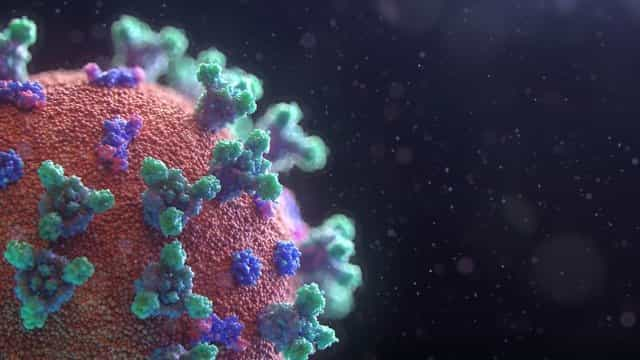As established, the COVID-19 pandemic is totally new, so there is not much information available on how this virus affects cancer patients, such as myeloma or multiple myeloma. However, people living with certain cancer types, including not only myeloma, but also lymphomas and most types of leukemia, in general are considered among the groups at high risk: “Myeloma patients have compromised immune systems and are highly vulnerable to new infections,” says IMF Chairman Dr. Brian G.M. Durie. “it’s important to be proactive and guard against infection from unknown sources.”
All the cancers mentioned above cause changes that make the immune system unable to work properly. Patients with hematological malignancies such as myeloma may be particularly vulnerable, as their immune system is weakened by cancer itself and its treatments inlcluding bone marrow transplants, chemotherapy, and radiation therapy. Some treatments, such as stem cell or bone marrow transplants, involve giving high doses of drugs that may cause long-term weakening of the immune system.
Containing the risk of illness
Cancer patients will need to stay at home and have contact with as few people as possible. They should also remain in constant contact with their care team and be prepared for any possible changes to medical treatment. In addition, here are a series of warnings to follow to lower your chances of getting sick.
- Don’t travel: strictly follow the rules imposed at the state or local level regarding the movement of people. If possible, avoid crowds and public places. If you really have to go out, use a hand sanitizer (at least 60% alcohol) when you’re out and about, and then wash yourself with soap and water when you get home.
- Medical appointments: If you are unsure how to manage medical appointments, whether to confirm or postpone them, ask the cancer care team. If appointments with the doctor are confirmed, only a caregiver can accompany the patient, but they will either be screened or have to wait outside.
- At home, household disinfectants are recommended, especially on objects you come into contact with most: doorknobs, telephones, remote controls, computer keyboards, and any objects used by other people. Wash your hands often with soap and water for at least 20 seconds, and especially: before eating, before touching your face, after using the bathroom, after touching animals, collecting trash or taking out garbage, and after touching items used by others.
You may also like
Hearing loss: things to know before buying a hearing aid
Choosing a hearing aid isn’t easy, especially if you’ve never used one. They come in different shapes, colors and levels of technology.The first factor in determining which hearing aid to choose is your hearing loss, which could range from very mild to severe. Next, you need to know what you would like it to be… Continue reading Hearing loss: things to know before buying a hearing aid
Small Lymphocytic Lymphoma (SLL): Symptoms and Treatments, Causes and Diagnosis
Small lymphocytic lymphoma (SLL) is a cancer of the immune system. It affects infection-fighting white blood cells called B cells. SLL is a type of non-Hodgkin’s lymphoma, which along with chronic lymphocytic leukemia (CLL) indicates the same type of disease, treated the same way. Whereas in SLL, the cancer cells reside primarily in the lymph… Continue reading Small Lymphocytic Lymphoma (SLL): Symptoms and Treatments, Causes and Diagnosis
Diabetes Type 2: Epidemiology and Prevention
Diabetes Epidemiology Diabetes is a very common disease. New updated data from the new International Diabetes Federation (IDF) Diabetes Atlas show that more than 34 million Americans have diabetes (1 in 10 individuals), of whom approximately 90-95% have type 2 diabetes. In UK the situation is slightly better: with nearly 4 million sufferers, about one… Continue reading Diabetes Type 2: Epidemiology and Prevention
Small Lymphocytic Lymphoma (SLL): Stats, Causes and Diagnosis
Small lymphocytic lymphoma (SLL) is a cancer of the immune system that affects the white blood cells that fight infection, called B cells. SLL is a type of non-Hodgkin’s lymphoma, as is chronic lymphocytic leukemia (CLL). Both cancers are basically the same disease, and are treated in almost the same way. The difference between the… Continue reading Small Lymphocytic Lymphoma (SLL): Stats, Causes and Diagnosis
